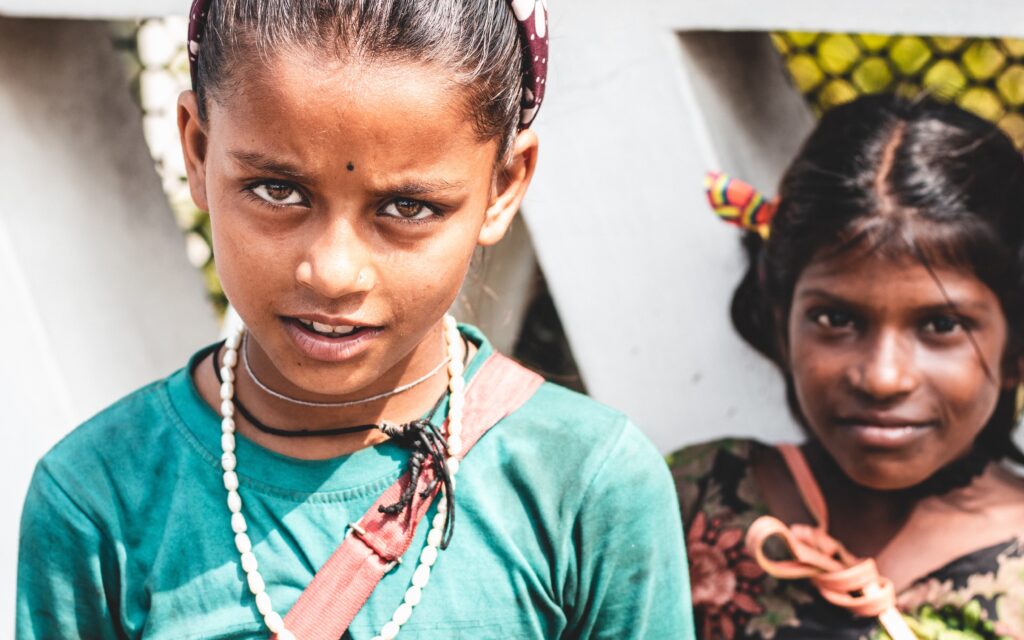Proponents of hate speech legislation believe certain forms of language can cause genuine harm, perpetuate discrimination, and encourage violence or hostility. They feel that hate speech bans are vital to safeguard marginalized and vulnerable communities, protecting their safety and dignity.
The debate arises when identifying the line between protected speech and hate speech because definitions and legal frameworks differ among countries and cultures. While some countries have a specific law that criminalizes hate speech, others take a more lenient approach, preferring a broader interpretation of freedom of expression. This variance frequently leads to diverging opinions and arguments over the appropriate balance of free speech and hate speech regulation.
Violations of the UDHR arise when hate speech violates the rights and dignity of persons or groups. Such infractions can result in discrimination, harassment, or violence against targeted communities, preventing them from exercising their human rights fully. Governments or individuals who perpetrate hate speech or fail to handle hate speech effectively can contribute to an atmosphere of intolerance and hostility, thereby opposing the principles of the UDHR.
Resolving this dispute needs careful evaluation of the specific situation, cultural values, and the potential consequences of hate speech on individuals and society. Many countries have devised legislative frameworks and regulations to combat hate speech while protecting free expression, finding a balance that protects vulnerable communities while respecting democratic norms.

























